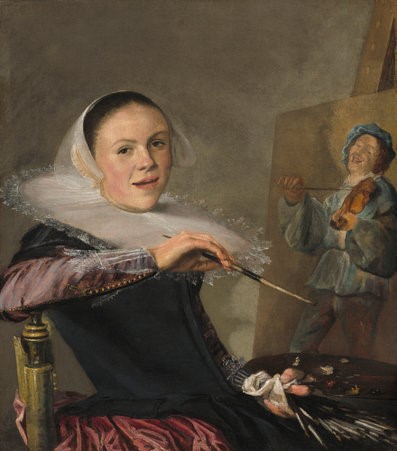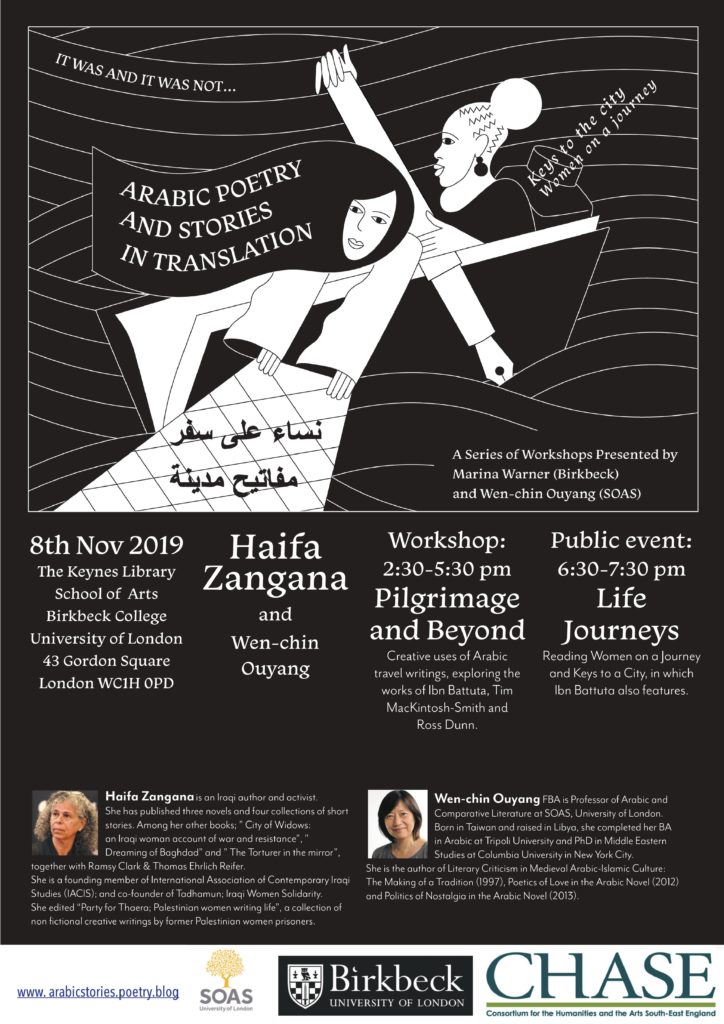History and Theory of Photography Research Centre
All events are free and open to all. Feel free to circulate.
Wednesday, 20 November 2019, 6-7:30pm
Andrés Mario Zervigón (Rutgers, The State University of New Jersey)
Fully Visible and Transparent: Zeiss Anastigmat
Room 106, 46 Gordon Square, WC1H 0PD
In 1890, the famous Jena Glass Works of Carl Zeiss released the Anastigmat photographic lens. The innovative device advanced a chapter in optical technology that seemed to have progressed automatically in a predetermined manner since the medium’s origins. The new lens offered a consistent field of focus across the photographic plate and corrected for a number of additional aberrations at lower and higher f-stops. But why exactly had Zeiss developed its expensive mechanism and what drove photographers to buy it? This paper suggests that the consistent focus and varied depth of field that the Anastigmat provided were not in and of themselves the desired goals of the improvements, but that they were instead visible signals of a pictorial model that makers and consumers had been seeking since the public introduction of photography in 1839. The goal was a transparent realism that remained stubbornly external to the medium, an illusionistic standard that had largely been mediated by painting since the renaissance and was now apparently possible in photography as well.
Andrés Mario Zervigón is Professor of the History of Photography at Rutgers, The State University of New Jersey. His scholarship concentrates on the interaction between photographs, film, and fine art, generally focusing on moments in history when these media prove inadequate to their presumed task of representing the visual. Zervigón is author of John Heartfield and the Agitated Image: Photography, Persuasion, and the Rise of Avant-Garde Photomontage (University of Chicago Press, 2012) and Photography and Germany (Reaktion Books, 2017). With Tanya Sheehan he edited Photography and Its Origins (Routledge, 2014), with Sabine Kriebel Photography and Doubt (Routledge 2017), and with Donna Gustafson Subjective-Objective: A Century of Social Photography (Zimmerli Musuem/Hirmer Verlag, 2017). His current book project is Die Arbeiter-Illustrierte Zeitung – The Worker’s Illustrated Magazine, 1921-1938: A History of Germany’s Other Avant-Garde, for which he received a CASVA Senior Fellowship (2013-14). At Rutgers Zervigón leads The Developing Room, an academic working group that promotes interdisciplinary dialogue on photography’s history, theory and practice.
Monday 25 November 2019, 2-4pm
Launch of Special Issue of Memory Studies
Ottoman Transcultural Memories
Keynes Library, 46 Gordon Square, WC1H 0PD
Edited by Gabriel Koureas (Birkbeck), Jay Prosser (University of Leeds), Colette Wilson (Birkbeck), Leslie Hakim-Dowek (University of Portsmouth). With contributions from: Gabriel Koureas, Jay Prosser, Colette Wilson, Jacob Olley, Nora Lessersohn, Claudia Roden, Aikaterini Gegisian, Leslie Hakim- Dowek, Alev Adil and Suna Alan.
We would be delighted if you could join us to celebrate the launch of the special issue of Memory Studies which resulted from the AHRC funded project ‘Ottoman Pasts, Present Cities: Cosmopolitanism and Transcultural Memories’. Short presentation of the projection with Q&A will be followed by drinks reception.
Monday 9 December 2019, 6-7:30pm
Charlene Heath (Ryerson Image Centre, Toronto, Canada)
To Circulate and Disperse: Jo Spence, Terry Dennett and a Still Moving Archive
Room 106, 46 Gordon Square, WC1H 0PD
There are over one-hundred high quality colour photocopies, home computer printouts, and digital files of British photographer Jo Spence’s work held in the collection at the Ryerson Image Centre (RIC) in Toronto, Canada – the largest repository of her memorial archive. Spence (British, 1934–1992) was a radical London-based activist, socialist-feminist photographer, writer, educator and collaborator whose photographic practice challenged the art world and museum’s fetishizing photographs through conventions such as limited edition prints as collector’s items. Together with one of her primary collaborators, Terry Dennett (British, 1938–2018), Spence founded Photography Workshop in 1974, an alternative archive, research hub and resource centre that grew out of their dissatisfaction with current modernist trends in British photography and desire to contribute towards social change. Easily made and inexpensive, I argue that unlike many of Spence’s ‘vintage’ works now subject to the contemporary art market, the RIC’s photocopies, print-outs and digital surrogates, are a continued manifestation of Spence and Dennett’s political project of prioritizing dissemination and the rhetoric of their photographic messages over and above all else.
Charlene Heath is Archives Assistant at the Ryerson Image Centre (RIC) in Toronto, Canada and a doctoral candidate in the joint program in Communication and Culture at Ryerson/York University in Toronto. She holds a BFA in Photography from the Nova Scotia College of Art and Design in Halifax, Nova Scotia, Canada and a MA in Photographic Preservation and Collections Management from Ryerson University in collaboration with the Eastman Museum in Rochester, New York, USA. She has written reviews and articles for BlackFlash Magazine, Photography & Culture, Aperture Blog, Revue d’art canadienne/Canadian Art Review (RACER) (forthcoming), and Transbordeur photographie (forthcoming). Through an analysis of the now dispersed Jo Spence Memorial Archive, her forthcoming dissertation considers the enduring legacy of political photographic practice in Britain in the 1970s and ‘80s.
Wednesday 11 December 2019, 6-7:30pm
Milene Trindade (University of Évora, Portugal)
Photographic Ex-votos: Images as a votive offering in the Alentejo region of Portugal
Room 106, 46 Gordon Square, WC1H 0PD
In the 19th and 20th centuries, countless numbers of photographs were offered and displayed on the walls of churches, forming collections that represent local culture and devotion, as well as the history of photography. The research aims to develop our understanding of the cultural heritage value of these collections and the need for their preservation by proposing a guidance strategy for exhibition and safeguarding.
Milene Trindade (University of Évora) is a PhD student in History of Art writing her dissertation on photographic votive offerings placed in shrines in the south of Portugal. The project’s title is ‘Devotion, Art and Technique: Photographic Ex-votos in Alentejo Region from XIX to XX Century’, and it is being supported by the Portuguese National Funding Agency for Science, Research and Technology (FCT).
Friday 13 December 2019, 10-5pm
Photography, Space & Violence: a Workshop
The Cinema, Birkbeck College, 43 Gordon Square, WC1H 0PD
This workshop is focused on photography as a tool for representing places where routine or traumatic violence unfolded. Primarily aimed at post-graduate students, it may be of interest to others. Four programmed talks will be mixed with shorter student presentations from research in progress.
10:00am-1:00pm:
Claire Zimmerman (University of Michigan)
Anticipating images: under construction in Buffalo, 1943-1906
Black and white construction photography of industrial architecture in Buffalo provides an untapped archive of historical information about one of the earliest centres of mechanised industry in the United States. Copious site photography provided a new supervisory tool for architects in the first few decades of the twentieth century, showing scientific management as it entered architectural production, and documenting the routine “violence” of Fordist labour in advance of its unfolding.
Claire Zimmerman is associate professor of architecture and history of art at the University of Michigan. She has published widely on architecture and curated several exhibitions. This term Claire is Birkbeck Institute of the Humanities visiting fellow.
Alberto Toscano (Goldsmith, University of London)
The Quantities of the Past: Photography in the Aftermath of Capital
Reflecting on three recent books of American landscape photography – Richard Misrach and Kate Orff’s Petrochmical America; Mitch Epstein’s American Power; and David Maisal’s Black Maps: American Landscape and the Apocalyptic Sublime – this presentation considers environmental devastation in the light of Frederic Jameson’s arguments about ‘dead labour’ in his 2011 book Representing Capital.
Alberto Toscano is Reader in Critical Theory & Co-Director of the Centre for Philosophy and Critical Theory at Goldsmiths. Since 2004 he has been a member of the editorial board for the journal Historical Materialism: Research in Critical Marxist Theory and is series editor of The Italian List for Seagull Books. A translator of Negri, Badiou and others, Toscano has published widely on critical theory, politics and culture.
+ Student presentations
2:00pm-5:00pm:
Sean Willcock (Birkbeck, University of London)
Photography and the Spaces of Insurgency in British India
Photographs of atrocity sites were a staple of colonial photography in British India. The aesthetic conventions of the genre shaped the physical and affective engagements of both coloniser and colonised with the spaces of violence. This talk considers how such photography addressed the fraught questions of guilt and retribution that were raised by atrocity sites and their associated politics of mourning.
Sean Willcock is Leverhulme Early Career Fellow in Art History at Birkbeck and writes on photography in Colonial India.
Steve Edwards (Birkbeck, University of London)
Poignant Spaces in Contemporary Photography
Many contemporary photographers have produced projects that depict the empty sites of former violence, notably the abandoned headquarters of the Stasi in Berlin. Beginning from the films of Jean-Marie Straub and Danièlle Huillet, this talk considers photographs as or at ‘the scene of a crime’.
Steve Edwards is Professor of History and Theory of Photography at Birkbeck and Co-Director of the Research Centre for History and Theory of Photography. He has published widely on photography and other things and is an editor of Oxford Art Journal and for the Historical Materialism Book Series.
+ Student presentations.
.
.
Category: Archived Events
.
Tags: History and Theory of Photography Research Centre, photography



